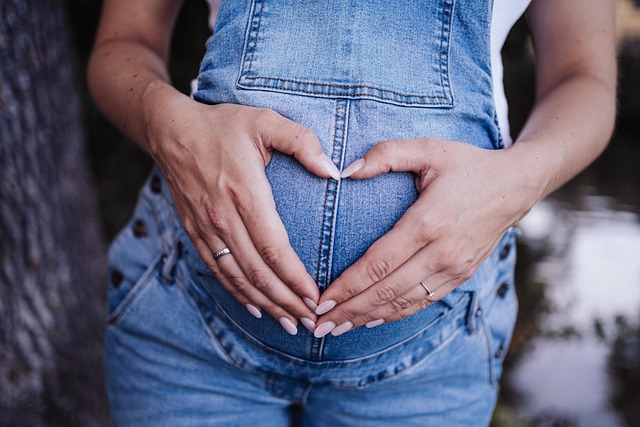If you suspect that you have contracted salmonella poisoning and are pregnant, it’s natural to be concerned about your health and the wellbeing of your baby. Here’s what you need to know about recognizing symptoms, understanding risks, and taking necessary actions.
What Are the Symptoms of Salmonella?
Common symptoms of salmonella infection include diarrhea, fever, abdominal cramps, and vomiting. These symptoms typically appear 6 hours to 6 days after exposure to the bacteria. If you experience severe symptoms or signs of dehydration, it is important to seek medical attention promptly.
How Do You Contract Salmonella?
Salmonella is often transmitted through contaminated food or water, particularly from undercooked poultry, eggs, or unwashed fruits and vegetables. As a pregnant individual, it’s crucial to be vigilant about food safety to reduce your risk of infection.
Is Salmonella Dangerous for Pregnant Women?
While the risk of severe illness from salmonella is relatively low for most healthy adults, pregnant women are at a higher risk for complications. In rare cases, salmonella infections can lead to more serious health issues, including preterm labor. However, with proper care and treatment, the likelihood of serious harm to both you and your baby can be minimized.
What Are the Treatments for Salmonella?
If you suspect salmonella poisoning, consult your healthcare provider for guidance. Treatment usually involves hydration and, in some cases, antibiotics if the infection is severe. Ensuring you stay hydrated is especially important during pregnancy.
Salmonella Prevention Tips During Pregnancy
To minimize your risk of salmonella infection while pregnant, follow these safety tips:
- Cook Foods Thoroughly: Ensure that all meats and eggs are cooked to a safe temperature.
- Avoid Raw Foods: Steer clear of raw or undercooked dishes, including sushi, and wash fruits and vegetables thoroughly.
- Practice Good Hygiene: Wash your hands regularly, especially after handling food or using the restroom.
Given the importance of food safety during pregnancy, staying informed is key. You can join a supportive community like Make a Mom, where you can find resources, including information on at-home insemination options at Make a Mom, which offers a unique reusable option. To learn more about how at-home insemination works, visit this page.
If you’re seeking further support or guidance on fertility treatments, check out March of Dimes, which provides valuable insights on planning for a baby. Additionally, for a deeper understanding of reproductive health, you may find our post on Dr. Emily Carter a useful resource.
When embarking on your parenting journey, consider reading these tips for nurturing self-confidence in your children.
To Summarize:
If you suspect salmonella poisoning during pregnancy, monitor your symptoms closely and seek medical attention if necessary. By practicing food safety, staying hydrated, and seeking support when needed, you can navigate this challenging situation with confidence. Join communities like Make a Mom for support and explore resources to help you in your pregnancy journey.

